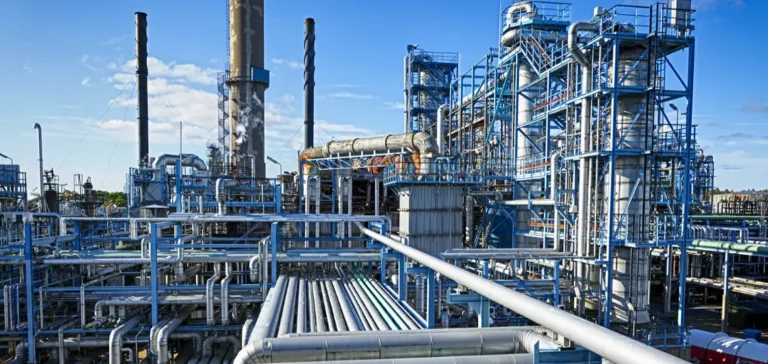TotalEnergies and Shell reported strong third-quarter results despite a backdrop of significantly declining oil prices. The drop in prices, around $10 per barrel year-on-year, did not prevent the two groups from posting marked increases in profits, thanks to optimised production volumes and improved margins, particularly in refining and upstream projects.
Operational resilience and increased volumes
French group TotalEnergies saw its net profit rise by 61% to $3.7bn. This performance was mainly driven by a more than 4% increase in hydrocarbon production and reinforced utilisation of its refining capacities in Europe. Chief Executive Officer Patrick Pouyanné highlighted the yield from new projects, described as more profitable than the existing portfolio average.
Shell, meanwhile, recorded a 24% rise in net profit to $5.32bn, supported by high production, particularly off the coast of Brazil. Strong margins from upstream operations offset the bearish impact of prices, in a context where global demand remains under pressure. The British company also decided to cancel a biofuel plant project in the Netherlands, initiated in 2022, citing insufficient competitiveness.
Share buybacks and shareholder distributions
On the financial side, both companies have strengthened their shareholder return programmes. TotalEnergies confirmed a share buyback programme of up to $1.5bn, after already completing $2.3bn in buybacks during the quarter. Shell launched a new $3.5bn programme, in addition to the $3.6bn already repurchased, and paid out $2.1bn in dividends.
However, the outlook remains uncertain. Over the first nine months of the year, cumulative profits declined: -13% to $10bn for TotalEnergies and -10% to $13.7bn for Shell. Medium-term prospects are prompting both groups to adjust their investment and cost reduction strategies.
Revised investments and strategic refocusing
TotalEnergies plans to reduce investments and operational expenses by $7.5bn between 2026 and 2030, while maintaining its ambition to increase production. Shell confirmed the extension of its cost-saving plan launched in the spring, aligning its strategy with a renewed focus on oil and gas assets.
While these adjustments enable both majors to preserve margins in a volatile environment, other players in the sector are facing more difficulties. Spanish group Repsol saw its net profit fall by 34% over the first nine months of the year, to €1.18bn, already impacted in the first half.






















